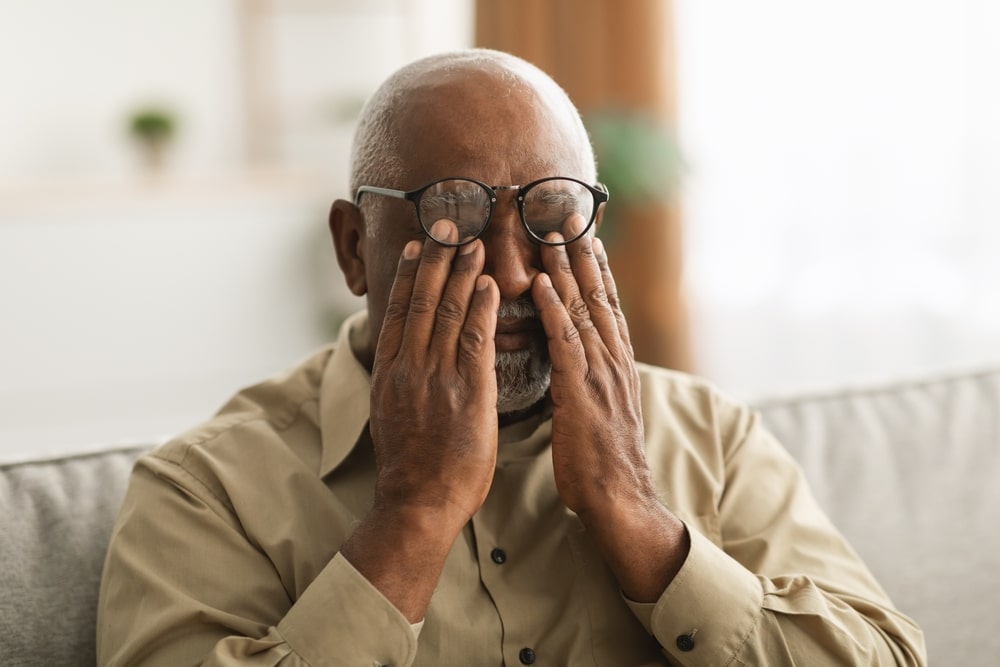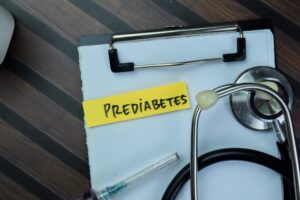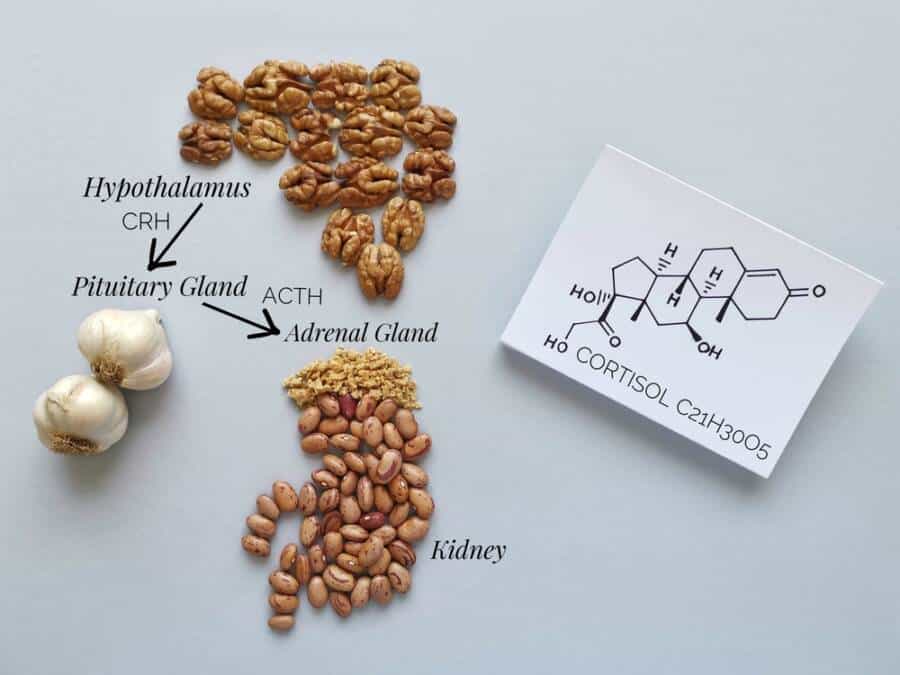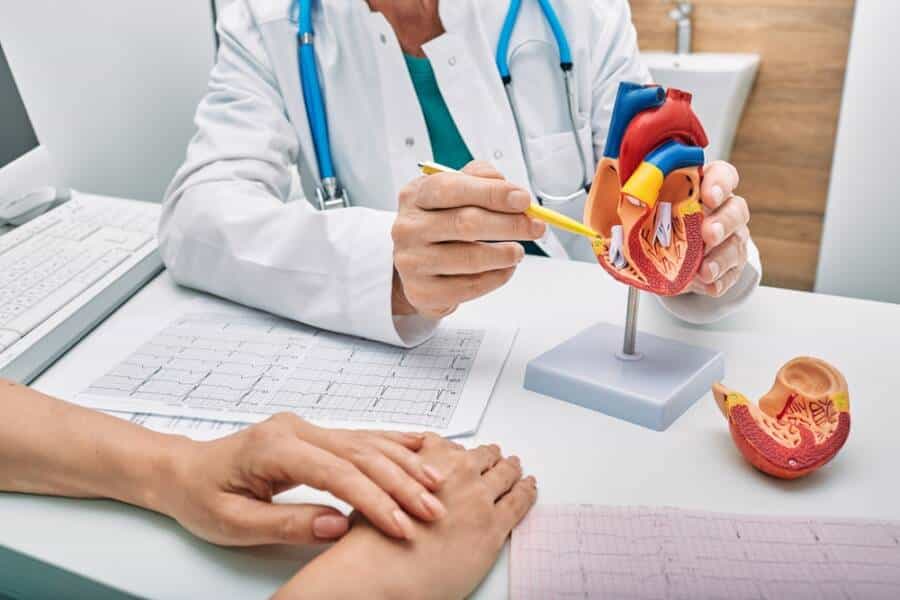Identifying a heart-related problem is not as easy as some would say since some signs and symptoms are not at all obvious. Your heart never gets a break, so keeping it in tip-top shape should be on your top priorities list, especially if your heart is not as young as it used to be.
There are so many things related to this vital organ, and one of the best ways to prevent heart disease is to visit your doctor regularly. And not just that, but listening to your body, too. From head to toe, your heart could send you many clues that something’s wrong with it.
So, are you listening? Maybe you’re completely unaware of the signs your heart is trying to signal you, but rest assured, we are here to expose all of them.
Open sores on your feet
Open sores are excruciating, especially when referring to those on someone’s feet. If you have some, too, you need to go to the doctor. Open sores could actually be a less-known sign of a heart issue called aortoiliac occlusive disease. This heart condition refers to the blockage of the body’s main blood vessel, a.k.a. the aorta.
Vascular specialists say that this heart condition can easily lead to ischemia (a significant decrease in the supply of oxygen and blood to tissues). Actually, it’s ischemia that makes your tissue break down, leading to open sores or even ulcers. In severe cases, ischemia can result in gangrene, too.

Cramping in the legs
It’s completely normal to experience muscle cramps from time to time, especially when you’re hiking, let’s say… but if the frequency of your muscle cramps becomes the new normal, you should visit your doctor. Cramping in the legs is another sign of aortoiliac occlusive disease. And sadly, it’s definitely not a symptom most people would associate with heart disease.
So, you should definitely take your muscle cramps seriously.
Coughing up colored mucus
Producing and coughing up mucus that is white or pink in color could occur when fluid builds up in your lungs. This is actually a pretty common sign of heart disease. So, you might think it’s just a cold, but it’s best to check with your doctor.
Pain in your toes
If your toe pain is due to the shoes you wear, you’re good (but change those shoes). But if you can’t find any logical explanation for your toe pain, go to the doctor. Experiencing excruciating pain in your toes for no reason (apparently) is another sign of aortoiliac occlusive disease, so don’t ignore the pain.
Jaw pain
While jaw pain is not as common as a headache in terms of frequency, even when it does happen, most people ignore it. This is the worst thing you could possibly do. According to the director of the Center for Facial Pain and Sleep Medicine at Texas A&M’s College of Dentistry, Steven D. Bender, the repercussions of a cardiac event can sometimes be felt in the jaw, neck, and teeth.
The pain is a pretty good indicator that something’s going on right then.
Hair loss on your legs
It might be convenient for some of us (especially for you ladies) to have hairless legs, but it’s not healthy at all. Hair loss on your legs could actually be a sign of peripheral arterial disease. This disease is basically a circulatory condition, and it appears when plaque builds up in your arteries, reducing good blood flow to the limbs.
Heaviness in your legs
Experiencing heaviness in your legs could mean you have peripheral artery disease. Due to the lack of proper blood flow in the legs, the heaviness shows up. That’s why you feel your legs heavy when walking or doing normal activities like climbing the stairs. Peripheral artery disease can also cause cramping, weakness, pain, and numbness in the legs.
Frequent bathroom trips at night
Going to the bathroom more than you usually do, especially during the night? Well, an increased urge to pee could actually be a pretty common symptom of heart failure. If you notice that your bathroom trips are more frequent lately, maybe it’s time to visit your doctor to check if your heart is in tip-top shape or not. No matter the answer, it’s not normal to wake up several times during sleep to pee.
Rapid weight gain
Weight gain is definitely something you wouldn’t associate with heart disease, and yet it is a sign of heart failure. Heart-related weight gain occurs when your body is actually retaining fluid because the heart is not able to pump it properly. Doctors say that this type of weight gain linked to heart failure could translate to gaining three pounds in only 24 hours or more than four pounds in one week.
Swollen feet, ankles, or legs
In general, swelling translates to an injury to the area, but that’s not always the case. The buildup of too much fluid in your tissues like your legs, ankles, and feet could also translate to heart failure. Doctors say that the fluid builds up when blood is trying to return to your heart. Failing to do so causes certain tissues to swell. So as soon as you spot swelling in your legs, call your doctor.
Having a cold sweat
Breaking into a cold sweat all of a sudden? Well, sadly, you might be having a heart attack. In fact, the Mayo Clinic points out that a cold sweat accompanied by chest pain or discomfort are pretty common signs and symptoms of a heart attack. Therefore, if you don’t know what’s causing your sudden cold sweat, call 911 immediately.
Unexplained feelings of nausea
Sometimes, vomiting or experiencing feelings of nausea might not be due to what you ate. It could also mean that you have had a heart attack. The Mayo Clinic notes that nausea is actually one of the most common symptoms of a heart attack, along with dizziness. Nausea accompanied by dizziness is more common in women than in men. Women might not even experience chest pain.
Erectile dysfunction
It’s not surprising at all that erectile dysfunction has many root causes, but one in particular that’s less well-known is most definitely heart disease. According to the Harvard Medical School, extra blood is needed during an erection; therefore, when someone has clogged arteries, the proper blood flow is interrupted. As soon as you think that something’s going on, call your doctor.
Irregular heartbeat
Changes in the heartbeat can happen due to many things, such as caffeine intake, anxiety, and even dehydration, but if you think you have irregular heartbeats for apparently no reason, it’s time to contact your doctor. For instance, if your heart starts beating super fast while reading a book or watching your favorite Netflix show, it would be best to check with your doctor.
A fluttering feeling in your chest
Experiencing a fluttering feeling in your chest could be a symptom of atrial fibrillation, a.k.a. AFib. Atrial fibrillation is basically a type of irregular heartbeat that happens when the improper firing of electrical impulses causes the atria to tremble.
This sensation is not normal, and since doctors say that people with AFib are at a higher risk of strokes, you should go to the hospital the minute you experience it.
Arm or shoulder pain
Yes, there are many things that can lead to arm or shoulder pain, but the most common one is heart disease. Plus, the shoulder pain associated with a heart attack usually strikes when you’re not doing something that exhausts you physically. It can show up when you’re sitting comfortably on your couch watching a football game or on your way to work.
In other words, if you suddenly feel a sharp pain in your shoulder, back, or arm along with a pressure-like feeling in the chest, chances are you have a heart attack.
Feeling tired all the time
Oftentimes, general fatigue is just what it is. Maybe you’ve been working a lot lately, or your gym schedule is not exactly the easiest one, but sometimes, feeling tired all the time could be a sign of coronary artery disease or heart failure. If you can’t name what’s causing your general fatigue, you should go for a checkup.
Confusion or forgetfulness
While impaired thinking, forgetfulness, and confusion are often signs and symptoms of Alzheimer’s, they could also be signs of heart failure. Confusion and forgetfulness can strike when some changes in your blood happen. For instance, a change in your sodium levels can easily lead to feelings of confusion.

Chronic snoring
Please, don’t assume that snoring is normal. Snoring can actually be a sign of heart issues. Plus, snoring is the main sign of sleep apnea, a disorder that causes your breathing to stop uncontrollably and start again. Thankfully, you can address this health problem before it leads to something serious.
Skipping alcohol, for example, leads to relaxed throat muscles, so you might not snore as much as you once did after quitting alcohol.
Panic attack symptoms
Heart attacks and panic attacks are pretty difficult to differentiate since they share pretty similar symptoms such as tightness in the chest, dizziness, shortness of breath, sweating, and a pounding heartbeat. However, one thing is certain: those who suffer from panic attacks are more likely to have a heart attack.
If you think that your panic attacks are getting worse, seek professional help.
Intense back pain
Not all of us would associate back pain with heart issues, and still, doctors suggest that intense back pain could be a lesser-known sign of a heart attack. In general, the pain spreads from the chest, located in your upper or lower back, so make sure you call 911 as soon as you start feeling it.
P.S.: Women are more likely to experience it than men.
This book might help you if you want to know more about first aid in case of a heart attack.
You should also check out: 7 Signs You Should Call 911 Right Away (And 5 False Alarms)













